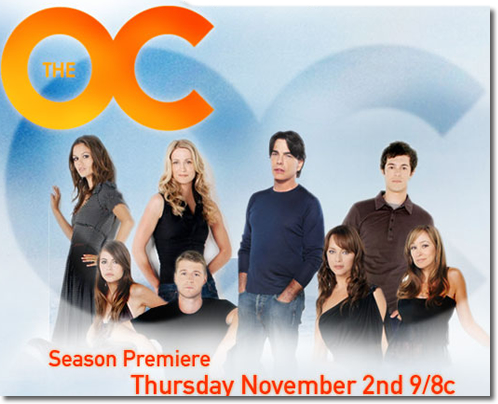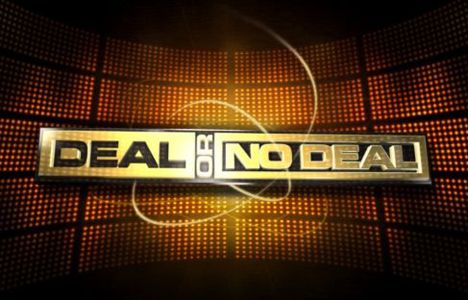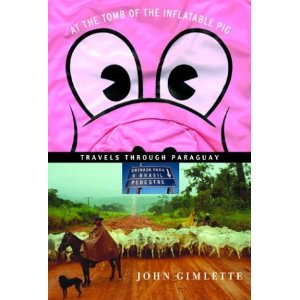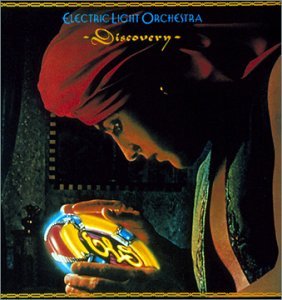I have ranked the top 68 television shows of the '00s, and will be presenting them, one-by-one, starting with 68 and working down. The rankings are more or less based on the show's popularity, it's cult status, it's critical acclaim, and my personal liking of it, with a heavy dose of arbitrariness added in. If a show was a big enough phenomena, I'll keep it on the list - but if I don't like it, I may drop it some spots. One other caveat - these are primetime shows (I apologize if I put a cable show that wasn't, I thought they were all primetime shows - the main point of this is just that no talk shows, no Colbert and Daily show that would be on otherwise).
19: Survivor
Another absolutely first year sensation, but one that lasted pretty well to this day, albeit in a less popular form, but still - longevity counts for a lot.
Besides being a sensation, Survivor gets bonus for pretty much creating the reality show as we know it today - the forbearer of The Apprentice, The Amazing Race and countless other second tier shows (anyone remember the other Lost?). By now, they've faded back into the second tier behind a couple of other styles of reality shows - talent contests like American Idol or Top Chef, and watching-people-live like Jon and Kate Plus Eight and Keeping up with the Kardashians. Still, Survivor's brand of reality television dominated much of the '00s.
For a show that was this big, there'a s surprising lack of famous contestants - about all there is, and it's minor at best, is first season winner Richard Hatch, known for being a pudgy guy who was later arrested for tax evasion, and shares the same name as an actor who appeared on both editions of Battlestar Galactica. More famous, but one of those things that everyone who knew it at the time remembers, but anyone who doesn't would say "What the fuck are you talking about?" is the "rat and snake" speech which Susan gave to Kelly towards the end of the first season. Just watch it. The most lasting contribution to pop culture is probably the notion of being voted "off the island" which is in reference to the fact that that first season actually took place on an island, and of course, people were voted off one-by-one - even though later seasons took place on non-islands, the catchphrase stuck.
I have a particular personal connection to the beginning of this phenomenon (a word I feel like I'm using a lot on this list, but so it goes) as my dad got thoroughly caught up in the season. Even when we were on vacation in West Virginia (if I remember correctly) we all gathered around the TV in our room when it came time for Survivor - we held out breaths through each immunity challenge, each vote at the end of an episode. I remember Rudy, the elderly former navy seal and Kelly (subject of the rat and snake speech), the whitewater rafting guide who won four straight challenges to make it to the final two and eventual winner Richard Hatch admitting premature defeat on the final immunity challenge - holding your hand on a statute for as long as possible - hoping that the winner would think they would fare better against him in the finale and thus not vote him off.
My dad has continued to follow the show through its constant rule changes in attempts to keep it fresh - different forms of challenges, immunities, ways of splitting tribes, but I haven't seen much since (Though of course I couldn't manage to totally avoid Boston Rob and Amber who appeared on Survivor, got married and then appeared on the Amazing Race (and yes, you can just type "Boston Rob" into wikipedia and it will lead to him)).
As the granddaddy of its form of reality TV, Survivor will not be forgotten like so many other shows of its genre will be (and already have).




















